



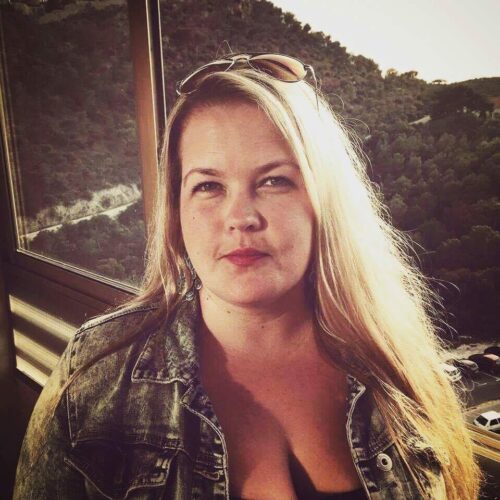
Brynhildur Yrsa Valkyrja
@yrsa1977
@druslukorinn
images:
Bergrún Adda Pálsdóttir
@addapals
addapals.com
translation:
Tinna Eik Rakelardóttir
When I was growing up I never really thought about who my role models were or if I was anyones’ role model. Life was just like it was, and I was a part of it. When I think back to my childhood I can see that my main role model was my twin sister. Being one whole minute older than me, she was of course more experienced and knew how to handle life — or so I thought. My parents were on a pedestal, just like my older siblings and the older neighbourhood kids. If they weren’t rascals! I floated into adulthood in my own way and didn’t really think about my actions effecting other people. I wanted to treat people nicely, do well in life and preferably to make no mistakes. I was well behaved, polite and wanted to perform at a high level. If I wasn’t sure that I would do well I just stepped away and didn’t do it. I wasn’t dependent on anyone.
When I was confronted with soon becoming a parent the thought came into my head that now I was in a position where I had no idea if I would do a good job in that role and that if I did not I wouldn’t get away with just stepping away. I sat down with myself and had a conversation on my own. I made it clear to myself that now I was confronted with the biggest role that I had ever been given and from here on out it would be my greatest challenge to be the best role model I could ever be for my children. But it never occurred to me that the roles might also be switched. That my daughters would also become the greatest role models in life. It was, for example, my daughter that ignited my interest in fighting for justice because she is the biggest warrior for justice I have gotten to know.
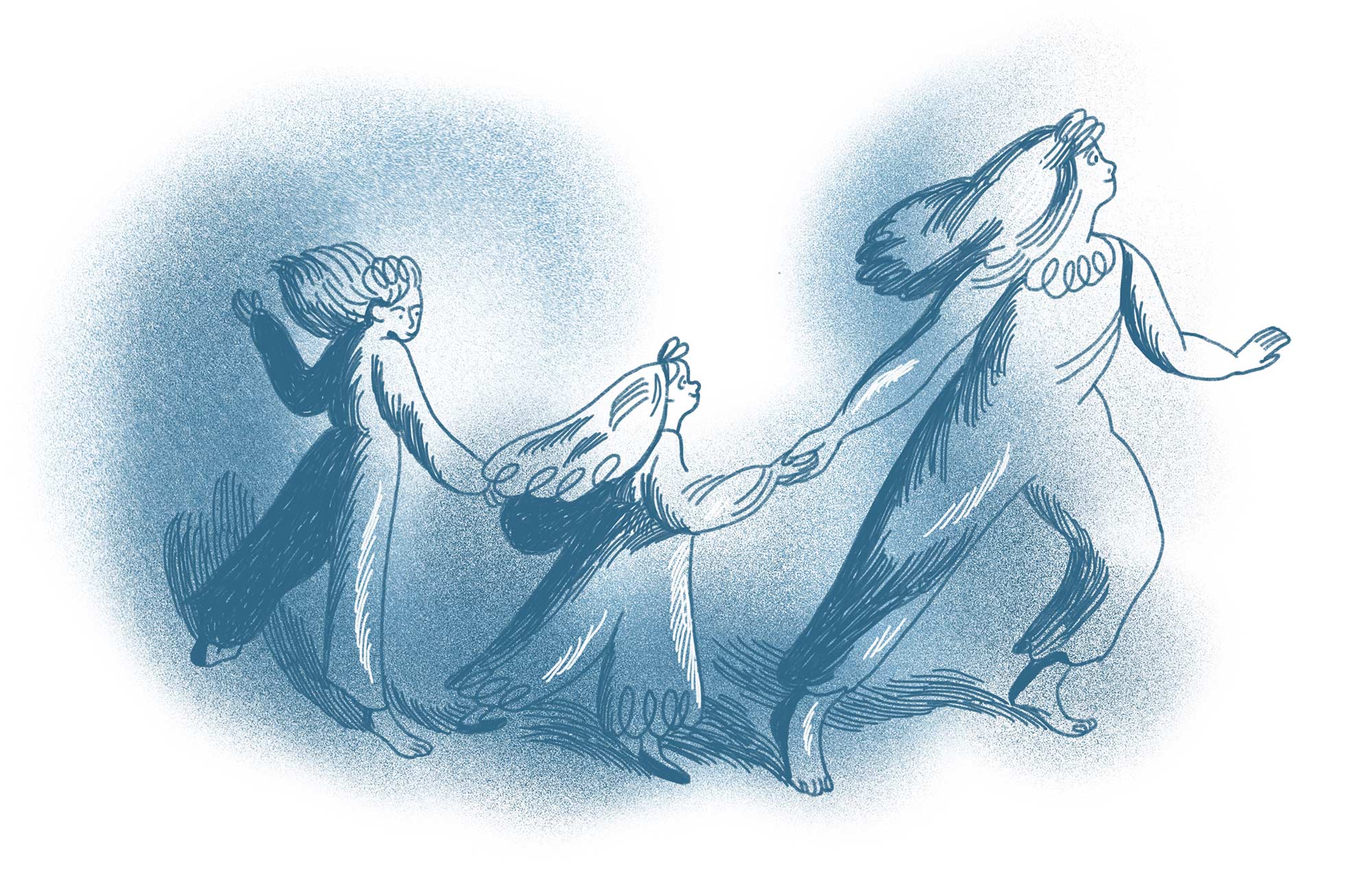
It became clear to me right away that I wanted my daughters to be able to be themselves. That they wouldn’t feel like they had to play a role and I also felt it was important that they would be able to communicate what they wanted or needed.
I knew that the best method to instill this in my children was to always be myself and to speak up about my wishes. In my home we don’t hint what we want, we ask for it directly. For example, if I want my daughters to close a window because I’m cold I ask them to close the window for me, instead of saying I’m cold and hoping that one of them might close the window. I always offer them to voice their wishes about everything at home and I take those wishes into consideration. With this I believe it will be easier for them to express what they want. At the same time they get trained in adversity. What they want is not necessarily what they get and they have the opportunity to get used to adversity which is important for the future. I also mention what I want but can’t get often so I can be a role model for them when it comes to taking rejection gracefully.
When I was younger I had a lot of struggles when it came to expressing and connecting to my feelings. This complicated most areas of my life. I realised that I wanted my daughters to have a mother that would be open about her feelings and at the same time give them space to express their own feelings. I have made an effort to associate certain behaviours with the feelings that are behind them and control the behaviours. I tell them openly if I feel bad, if I’m angry, tired and so forth and that I’m not feeling a certain way on their account. That I need some space to be okay. I encourage them to talk about their feelings without pressure. I believe that with this I’m helping them to connect to their feelings.
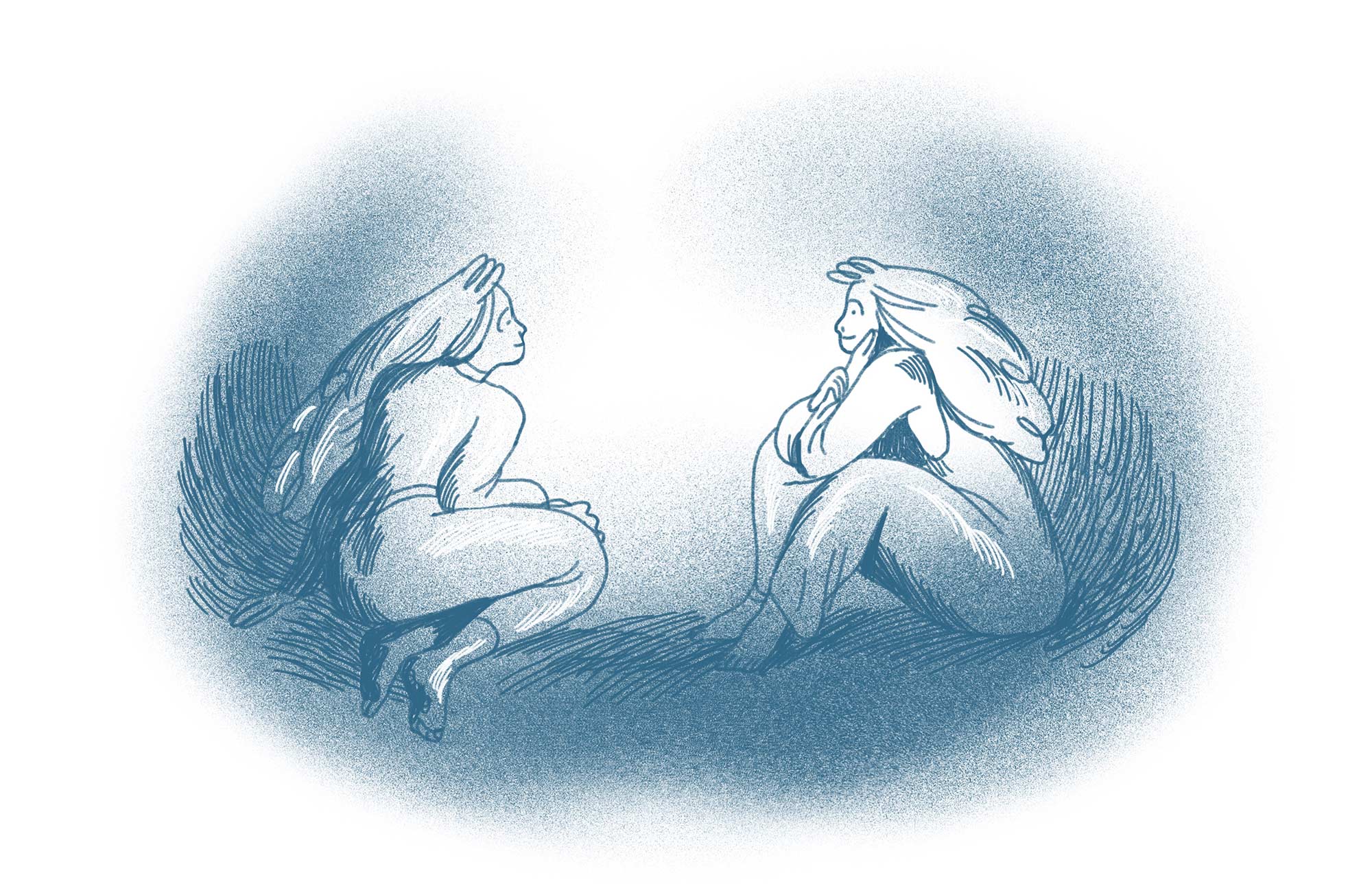
Life is filled with all kinds of things and no one gets through it without some kind of struggles. I decided right away that I’d be a strong role model for my daughters when solving problems I’m faced with. Together we try to tackle all difficulties as soon as possible. As a result I’m not always their favourite person, especially when it comes to solving problems outside of the home. I also make sure to assess the situation when it comes to difficult matters. To evaluate where each situation stands — if it can’t be resolved right away. I can see this reflect in their attitude towards difficulties and always wanting to resolve them. Nothing is left unsolved and none of us hopes for it to resolve itself.
I’ve committed to not speaking negatively about people in front of my daughters and to not be prejudiced. I try to see the positive in everything, even though my views are sometimes different. I don’t want them growing up with a mother that judges people and portrays to them that it’s okay to slander people. Children that grow up around negativity learn prejudicism and that is not what I want for my daughters.
One of the most important things I want to leave my daughters with is to know how to apologise and for them to know that adults can also make mistakes.
And when that happens, it is possible to apologise and make up for it. The person we wronged then has a choice, if they want to forgive us or not. And then we have to respect that. No person is so sacred that they can go through life without a misstep but then they have the opportunity to turn defence into offence and celebrate that and learn from the experience. If we admit to our mistakes, ask for forgiveness and then do better we become strong role models for young people. But children learn by doing so we need to guide them in the same situation, when they misstep. Give them the opportunity to recognise what could have gone better and coach them in how to apologise. Nothing happens on it’s own.
Finally I have always made it my guiding light to teach my daughters to not take themselves too seriously so that they can’t laugh at their own mistakes. I repeatedly make mild quips about things that happen to me and we laugh at it together. If they get in a position were they get sad about making a fool of themselves or something like that, I try to assist them to find the funny side of it. It makes life so much more fun and relaxed.
Maya Angelou


My Right to Exist
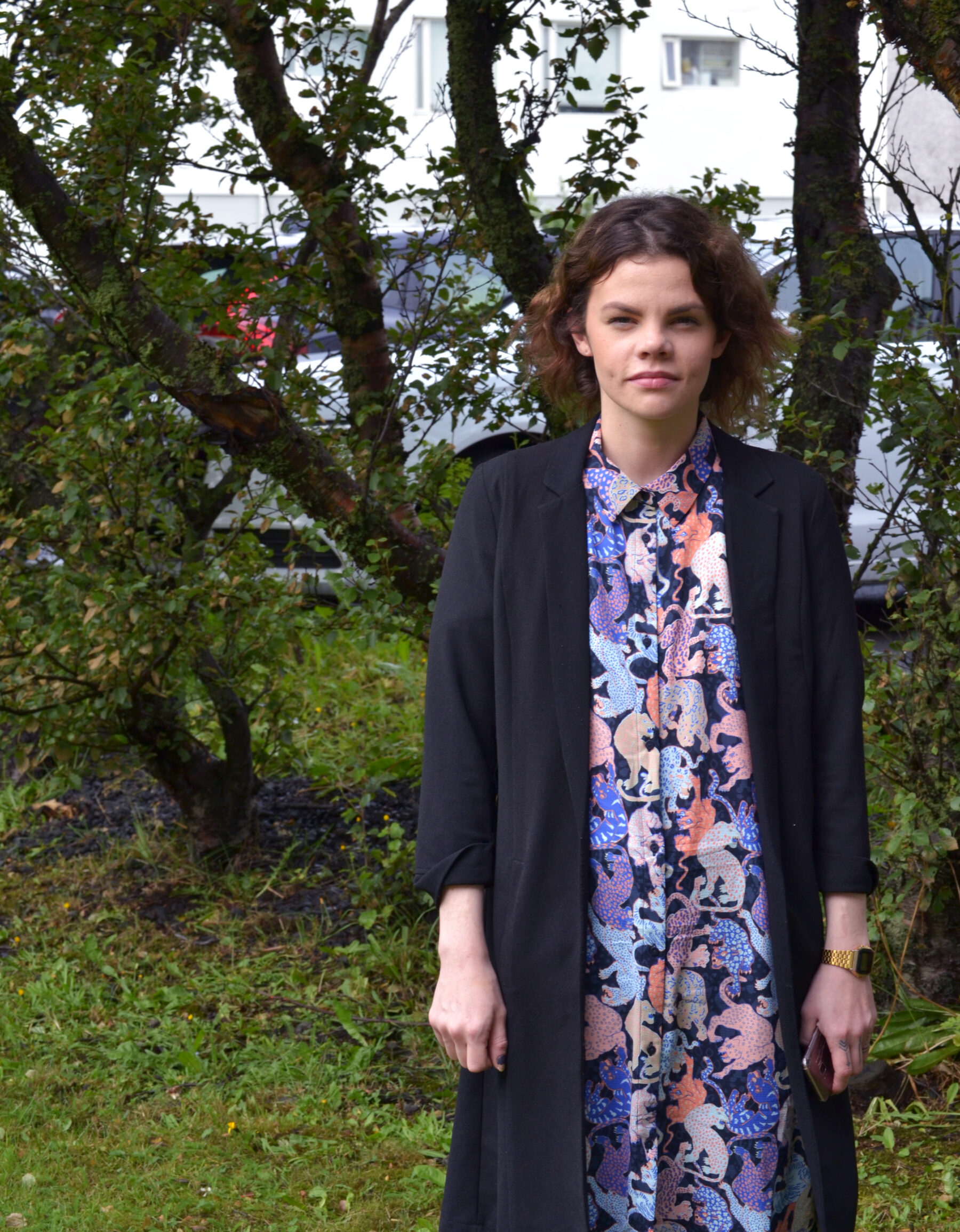

You Do Not Look at All Like You Are Autistic
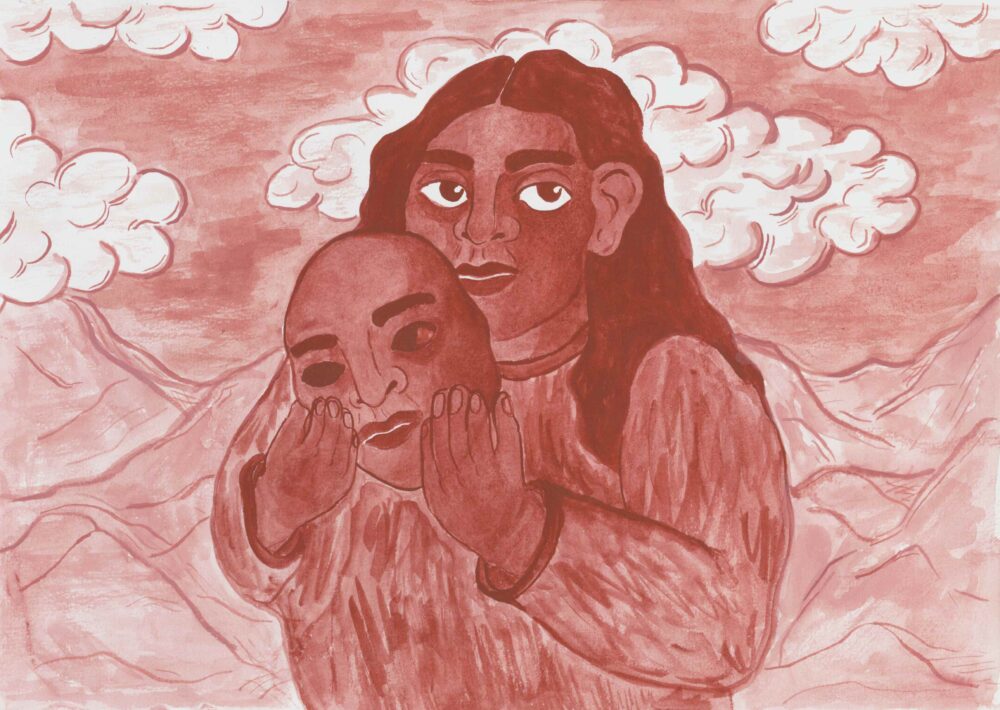
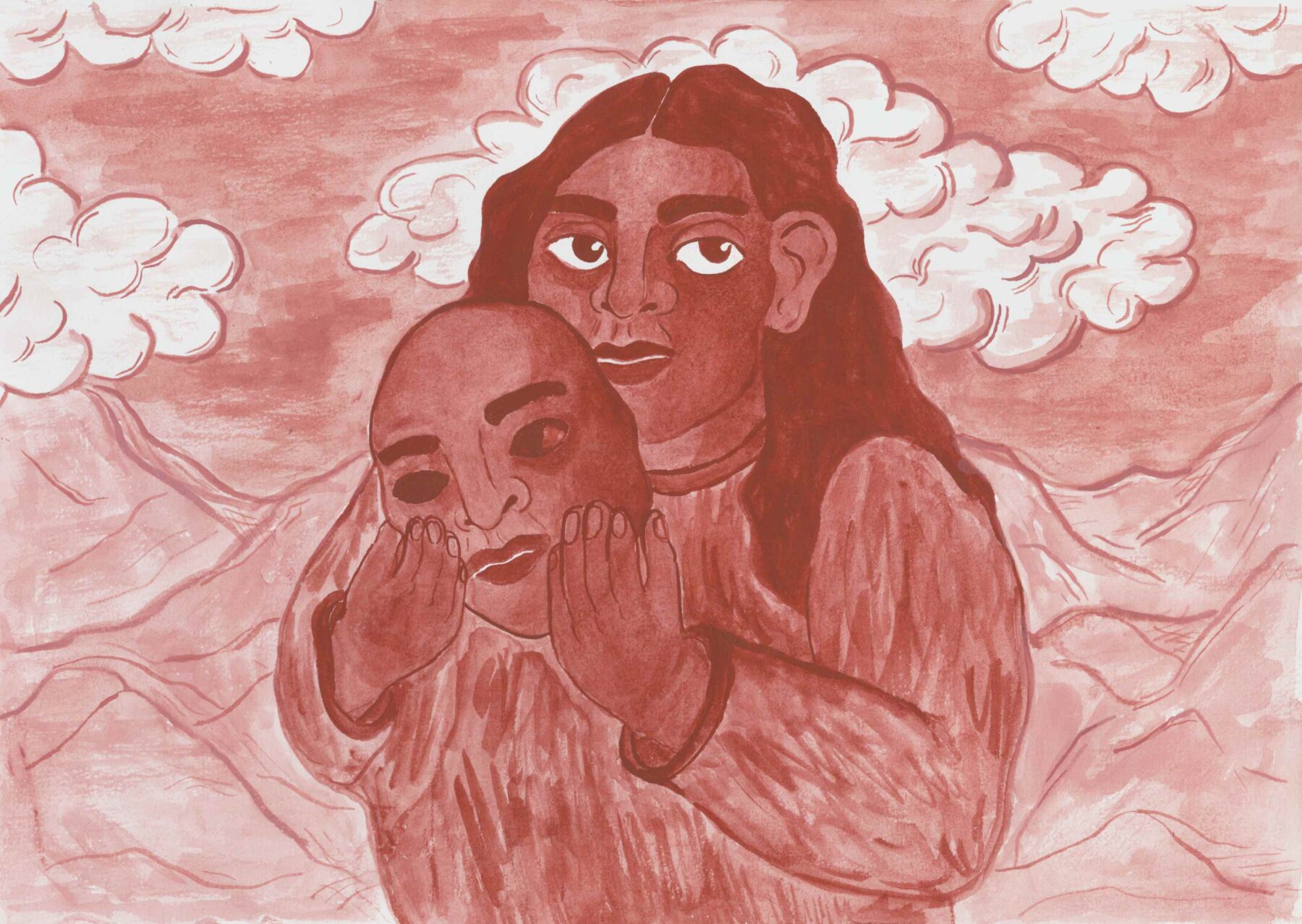
Role Models: The Power of Vulnerability
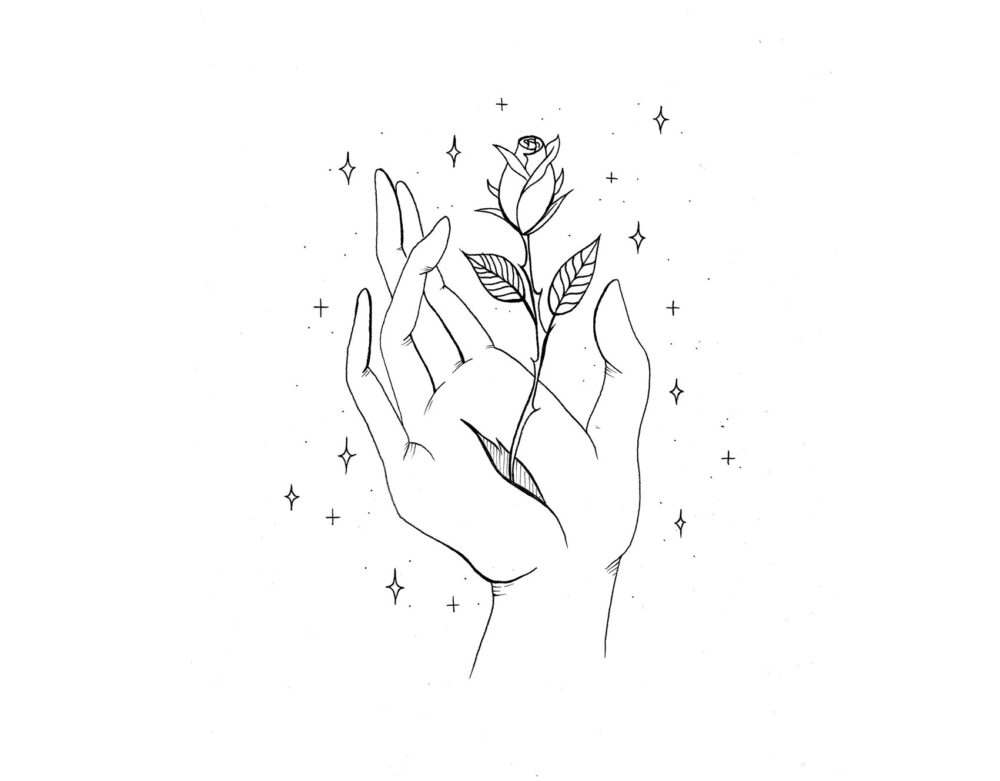
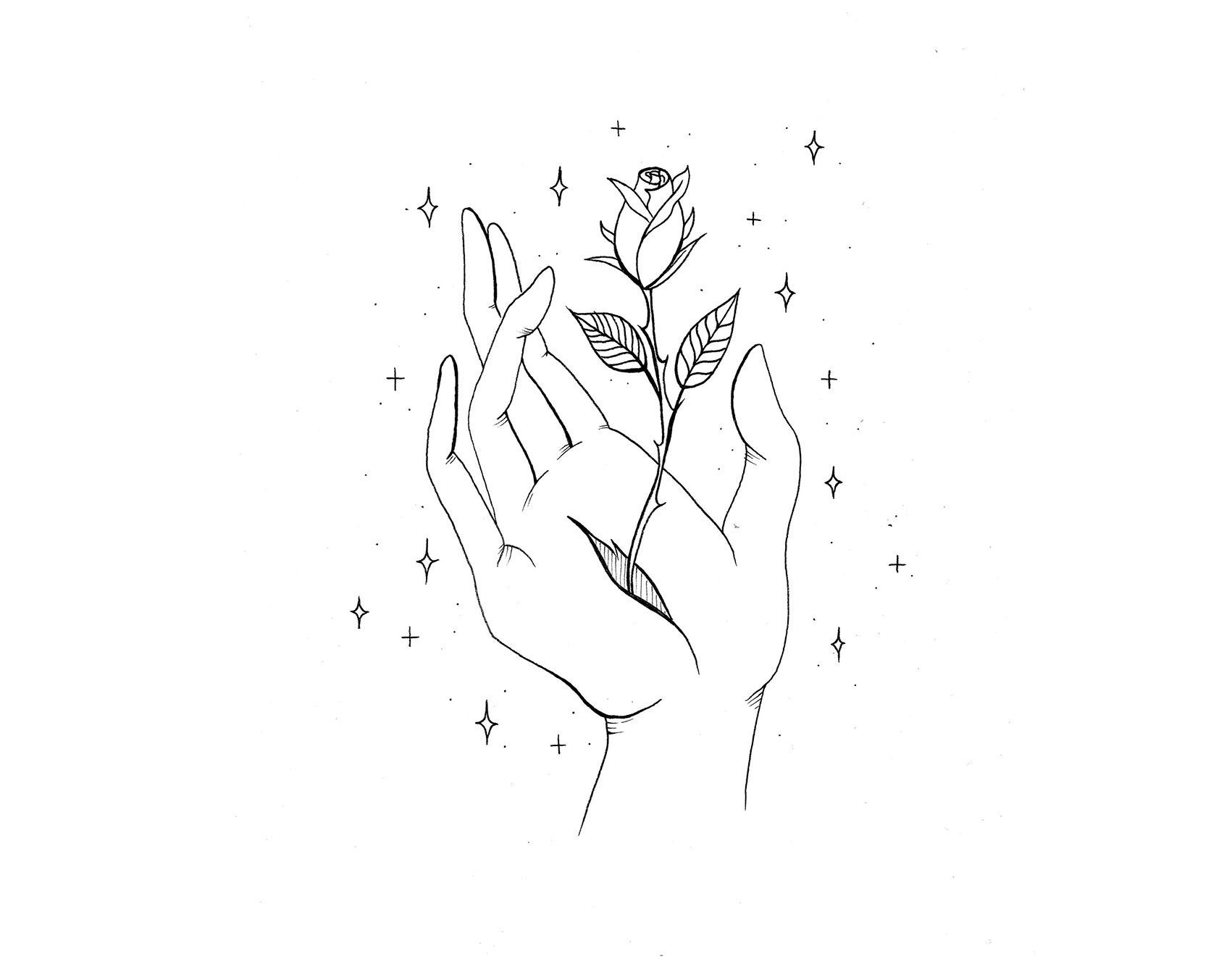
Read more about...